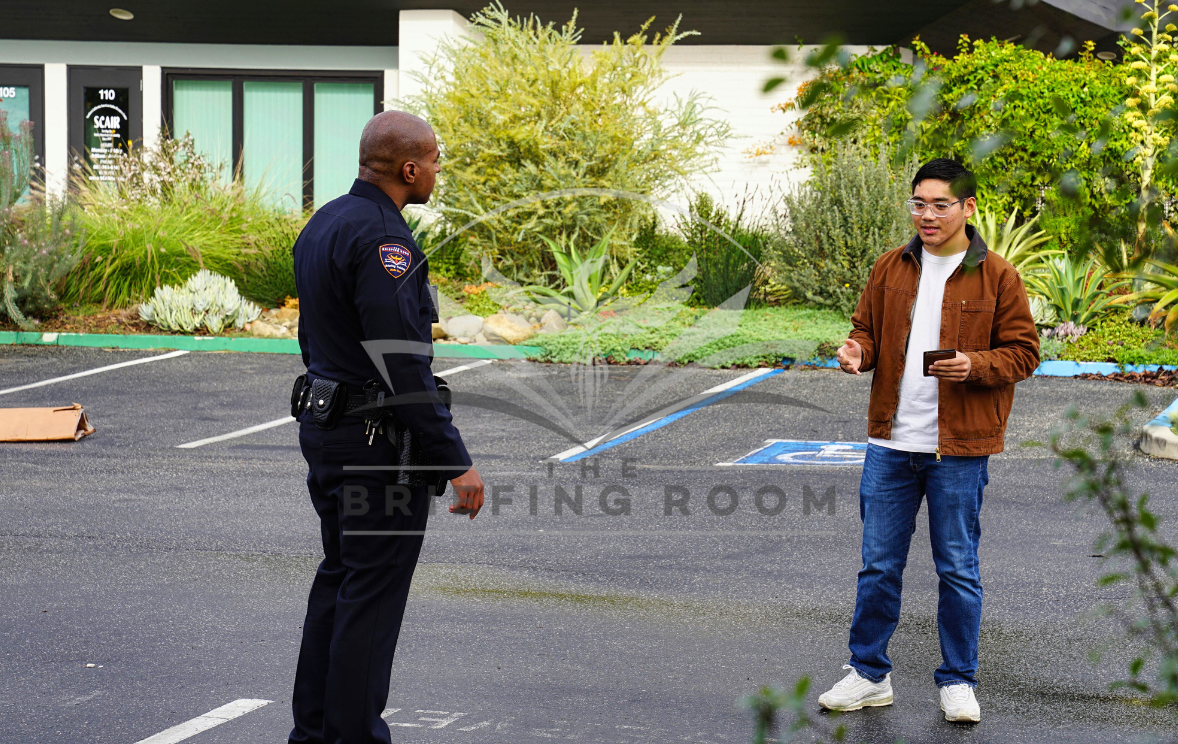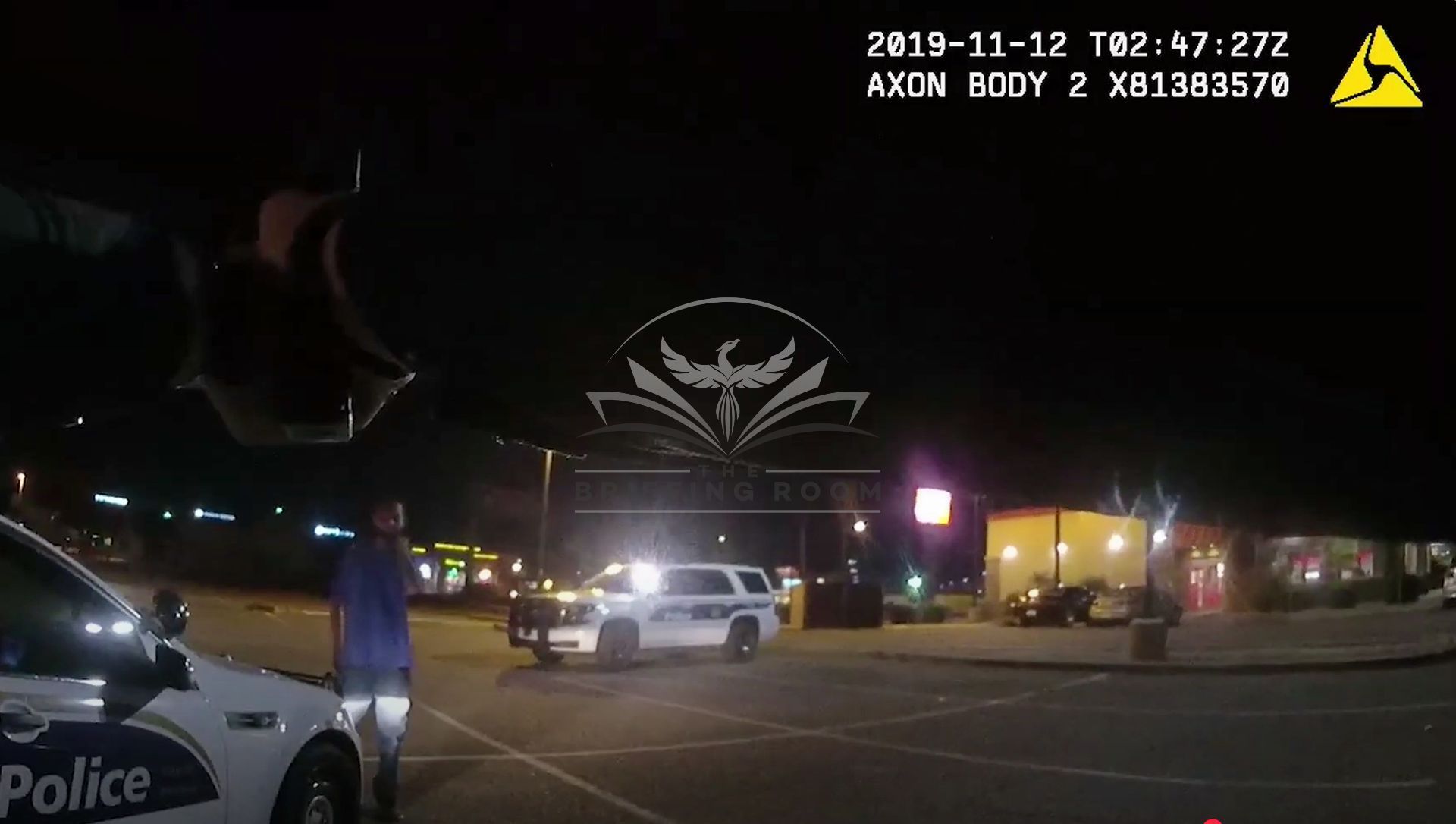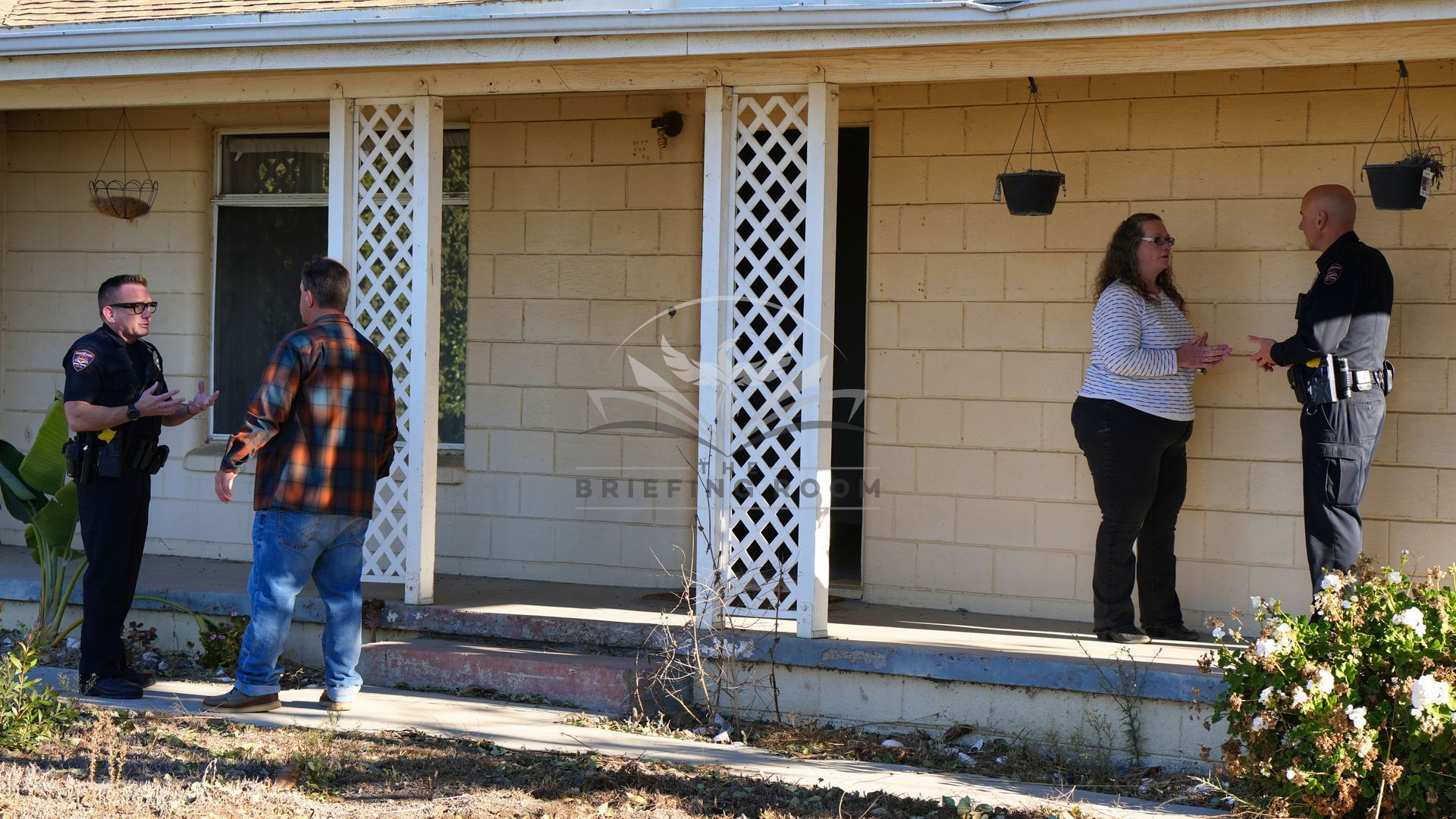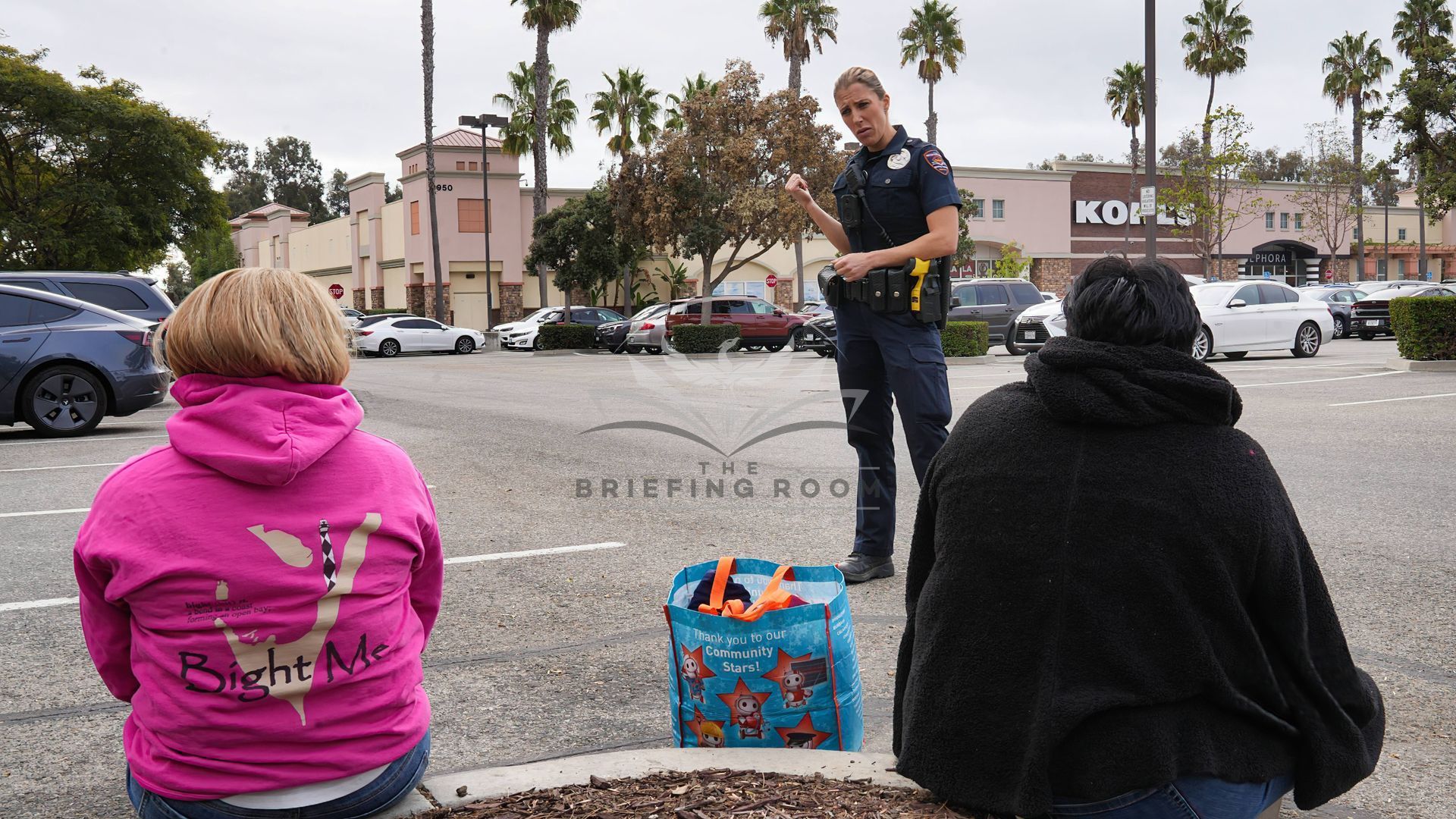When The Passenger Is Detained, Is The Driver Automatically Detained?

This post is only offered as a discussion topic only and does not represent legal advice. Officers must refer to the laws in their own State as well as their agency policy.
Scenario: While working patrol, a police officer sees a vehicle parked with two people inside and they want to do a consensual contact to see what they're up to. When the officer gets out of their car, the passenger suddenly gets out and tries to walk away, the officer recognizes him as a wanted person. The Police Officer detains him by telling him to stop.
Did that detention of the passenger automatically create a detention of the driver who's still seated in the car?
Answer: This was one of the questions in the California Supreme Court Case of People v. Tacardon from 2022. The Court said, "The critical factual question is whether (the driver) overheard or otherwise perceived the deputy's interaction with the passenger." "The question is not whether (the driver) was told he couldn't leave but whether the totality of the circumstances reasonably conveyed to (the driver) he was compelled to remain."
They said things that can affect that analysis include whether or not it was dark outside, whether the windows of the car were up or tinted, whether the engine was on or off and where the passenger was detained in relation to the driver.
So, in our initial scenario, if a police officer detains a passenger outside the vehicle, they can still contact the driver as though it was a consensual encounter as long as the totality of the circumstances don't lead him to believe he was compelled to remain.
The Briefing Room has a short training video available on this exact scenario so agency supervisors can easily train every officer in your agency on in this essential topic.
www.TheBriefingRoom.com
90-Second Training Videos Your Supervisors Use During Briefing or Roll Call To Develop High-Performing Teams of Officers.
✅ Lower Liability
✅ Retain Officers
✅ Build Community Support
🌟 Produced Exclusively by Active-Duty Law Enforcement Instructors 🌟



